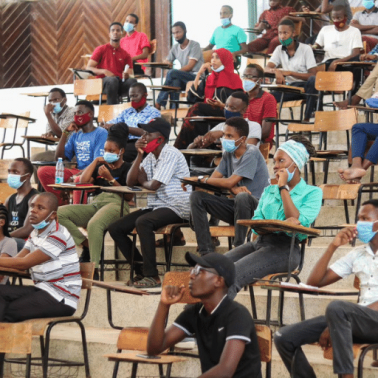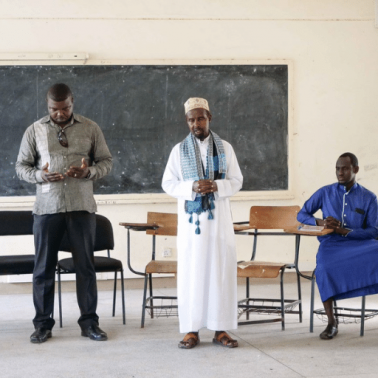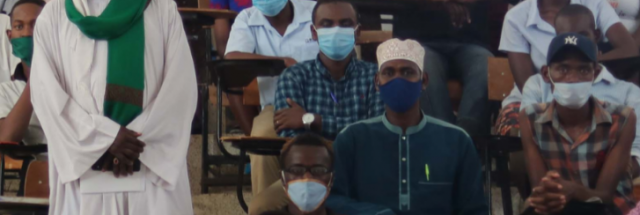Kenya
Tensions and mistrust within interfaith and interethnic communities have led to violent extremism in Kenya. Mutual understanding and connection is created through honest dialogues and outreach activities.
Why is trust needed?
Kenya has witnessed multiple terror attacks and inter-ethnic clashes, especially in the coastal region of Mombasa and the North Eastern region of Garissa. This has resulted in mistrust, tensions, hate, stigma and negative perceptions among communities.
Radicalization of young people into terror groups has been on the rise in Mombasa, which has negatively affected the tourism industry. This has then led to an economic slowdown and idle youth who are then vulnerable to drug abuse and crime.
Garissa is predominantly inhabited by Kenyan Somalis who are the target of various terror attacks which have taken place in the area. People from other parts of Kenya, especially those who are not Muslim, have rejected employment opportunities in the region due to fear of attacks.
How is trust built?

Delivering honest interfaith dialogues
Safe spaces are created in Universities and community spaces where people can openly ask questions about other faiths in order to build understanding and reduce prejudice. Outreach activities such as sport and planting trees that bring together different faith groups follow the workshops.

Involving clergy as community trustbuilders
Leaders from each faith community are actively involved in advocating for trustbuilding through the dialogues and workshops.


